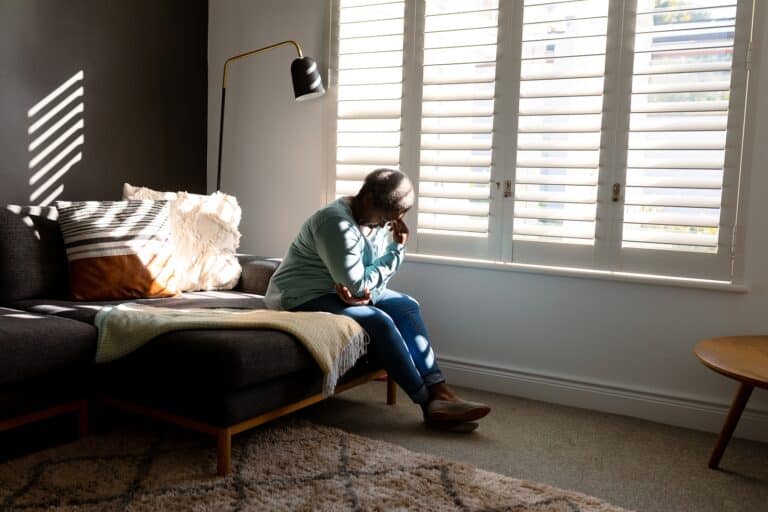Seniors with cognitive illnesses like Alzheimer’s disease and dementia may have wonderful days and other days that are not so fantastic. There are lots of variables that impact whether a day is going to go well or not for someone with Alzheimer’s disease, including whether they have experienced Alzheimer’s care providers helping them. Addressing daily challenges like sundowning properly can help to improve the likelihood that a senior with cognitive illnesses has more good days than bad ones.
What Exactly Is Sundowning?
Sundowning is the name of a specific issue that seniors with Alzheimer’s disease and dementia tend to experience around the end of the day. Sundowning isn’t a separate condition, but a set of symptoms that can cause anxiety, trouble sleeping, hallucinations, pacing, and disorientation. These symptoms are more likely to be a problem for seniors in the middle and later stages of cognitive illnesses rather than in the early stages.
Recognizing Sundowning
Recognizing when sundowning is occurring might feel impossible for family caregivers at first. Some of the most obvious symptoms, like restlessness, agitation, irritability, and confusion are ones that might be easily associated with Alzheimer’s disease itself. The key to understanding that it’s really sundowning is noticing whether these symptoms are worse in the afternoon and early evening hours of the day. That is a big indication that sundowning is the culprit.
Why Sundowning Happens
There isn’t a lot of information to help family members to understand why sundowning occurs in the first place. There are quite a few different possible triggers that contribute to sundowning, like changes in lighting that come with the sun setting. Seniors who aren’t sleeping well in general might be more susceptible to sundowning. Other possible triggers include depression, pain, boredom, hunger, and thirst. Tracking triggers and sundowning episodes can help family caregivers get a handle on what is causing it. Home care providers can help make tracking these details easier.
What to Do about Sundowning
Completely eliminating sundowning might not be possible, but family caregivers can help to reduce the impact of sundowning on the seniors they love. Meeting basic needs thoroughly throughout the day, like making sure seniors eat at regular intervals and get plenty of sleep, helps quite a bit. It also helps to have solid routines that tick all the boxes. Alzheimer’s care providers can help family caregivers and seniors to stay on target with daily routines that reduce the impact of triggers for sundowning.
Getting Additional Help with Sundowning Issues
Figuring out sundowning and other issues related to Alzheimer’s disease can be incredibly frustrating for family caregivers. And the more frustrated and agitated family caregivers get, the more that impacts seniors with Alzheimer’s disease, therefore increasingly triggering issues like sundowning. Alzheimer’s care providers can help with caregiving tasks in so many different ways, including offering respite care that allows family caregivers to take a step back when they need to.
Managing sundowning may take trial and error at first for family caregivers. Working with Alzheimer’s care providers can offer a way for family caregivers to get a handle on sundowning as well as other issues their senior is facing due to Alzheimer’s disease.
If you or an aging loved one are considering Alzheimer’s care in Apex, NC, please contact the caring staff at East Carolina Home Care today. Call (919) 601-7810.
Providing quality home care for seniors and families in and around Morrisville, Apex, Chapel Hill, Hillsborough, Oxford, Roxboro, Carrboro, Rougemont, Pittsboro and Durham in North Carolina.
- Veterans Care at Home: An Integral Part of Home Care Services in Durham, North Carolina - November 11, 2024
- What Is Sundowning and How Can Family Caregivers Tell it’s Happening? - October 11, 2023
- How to Keep Your Senior’s Spirits Up This Fall and Winter - September 22, 2023




